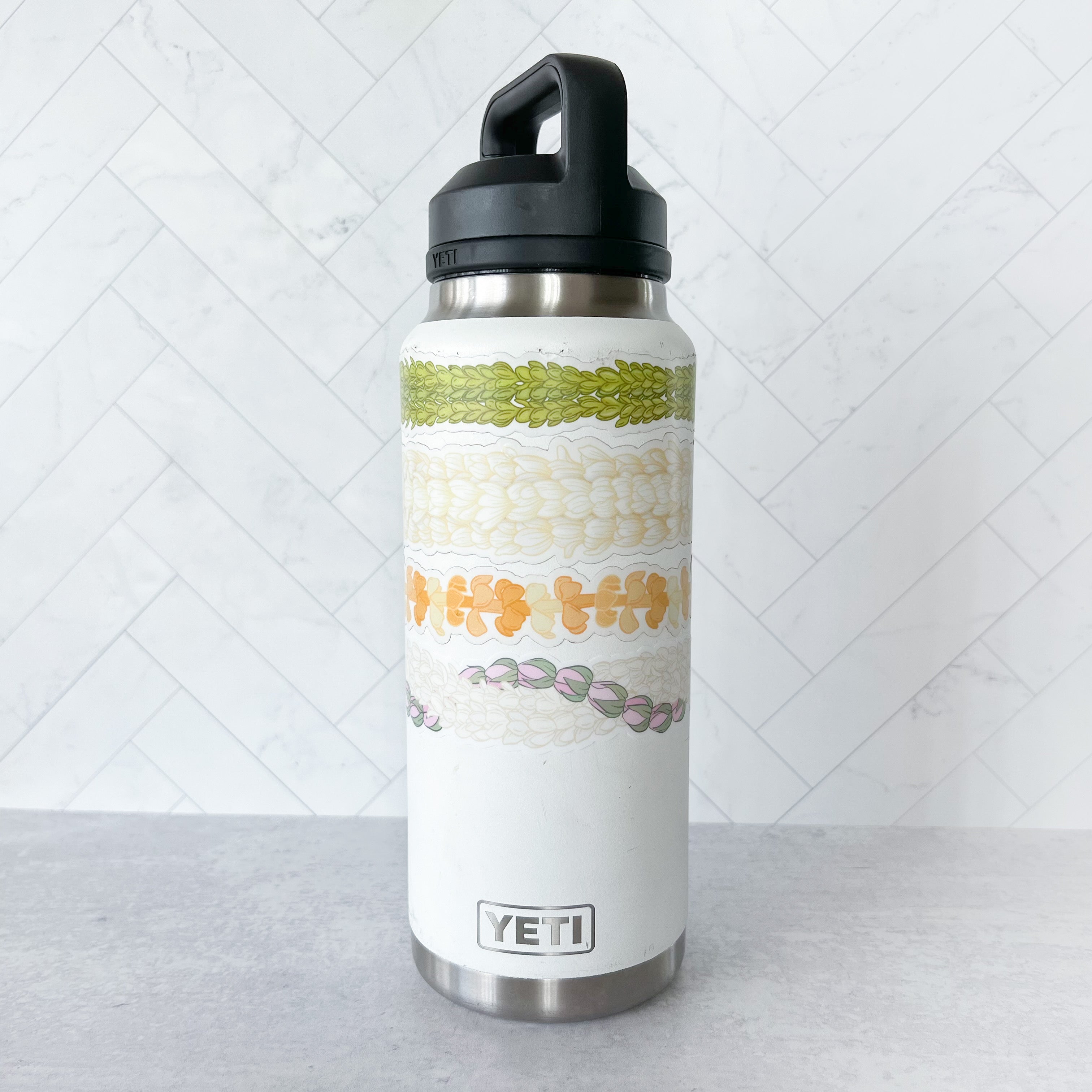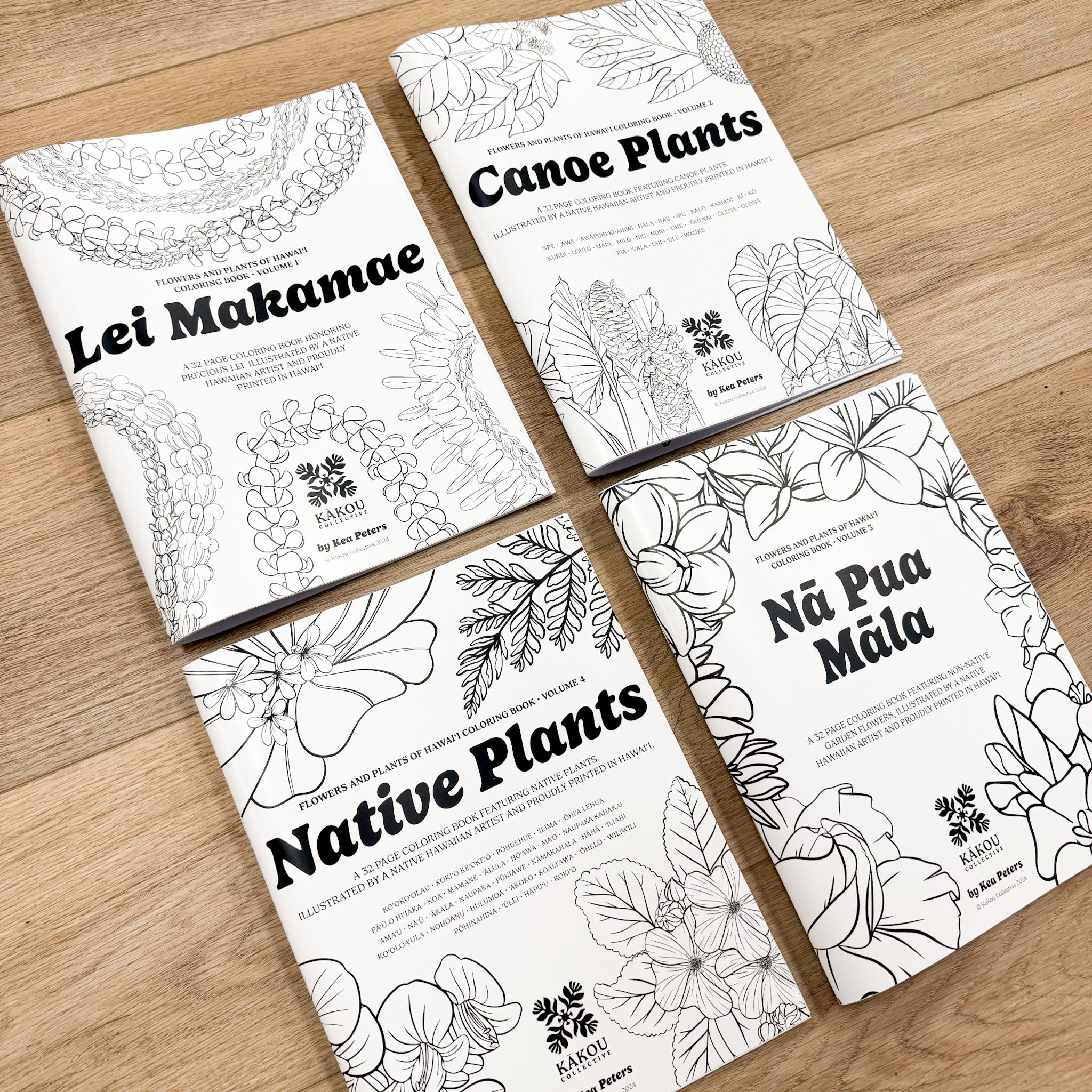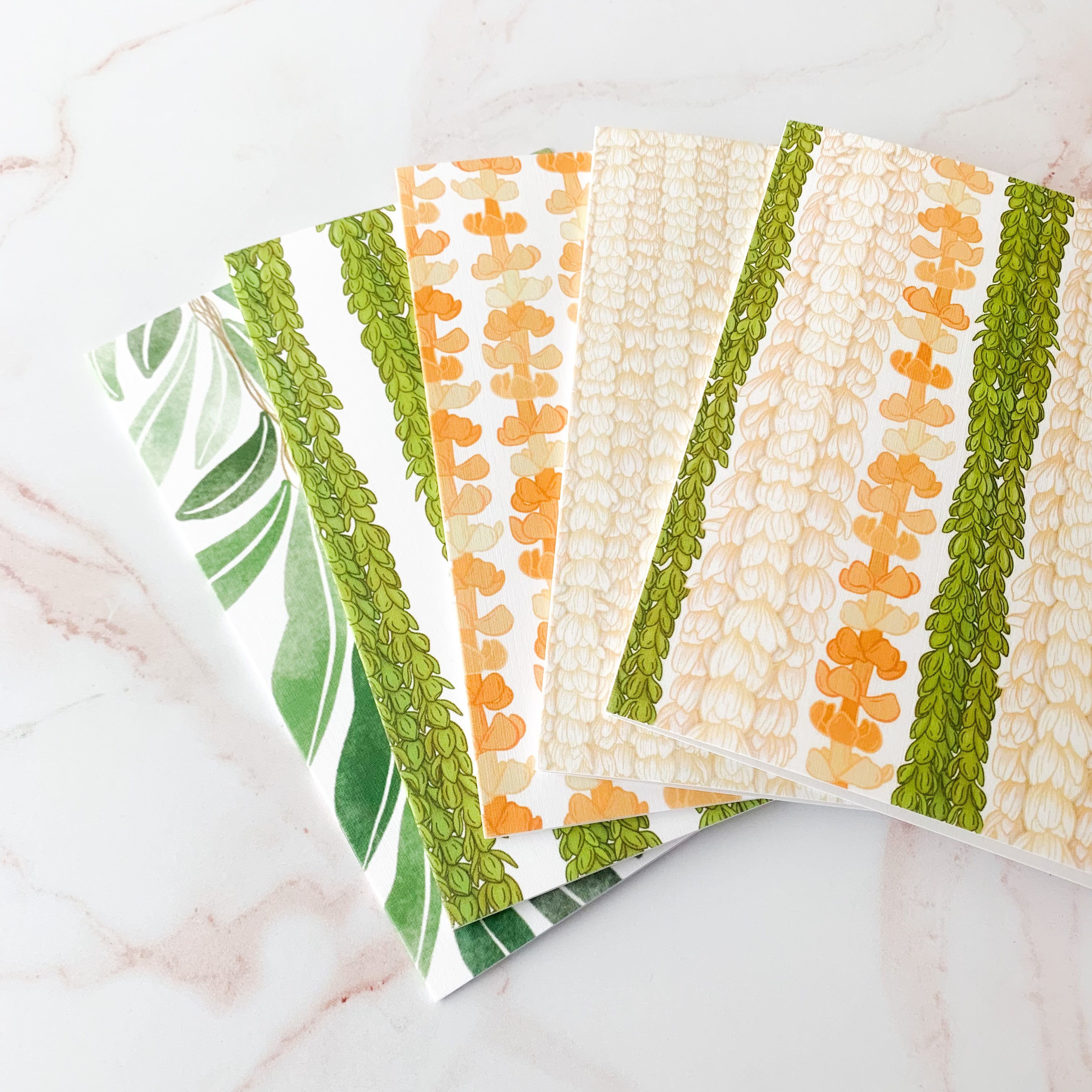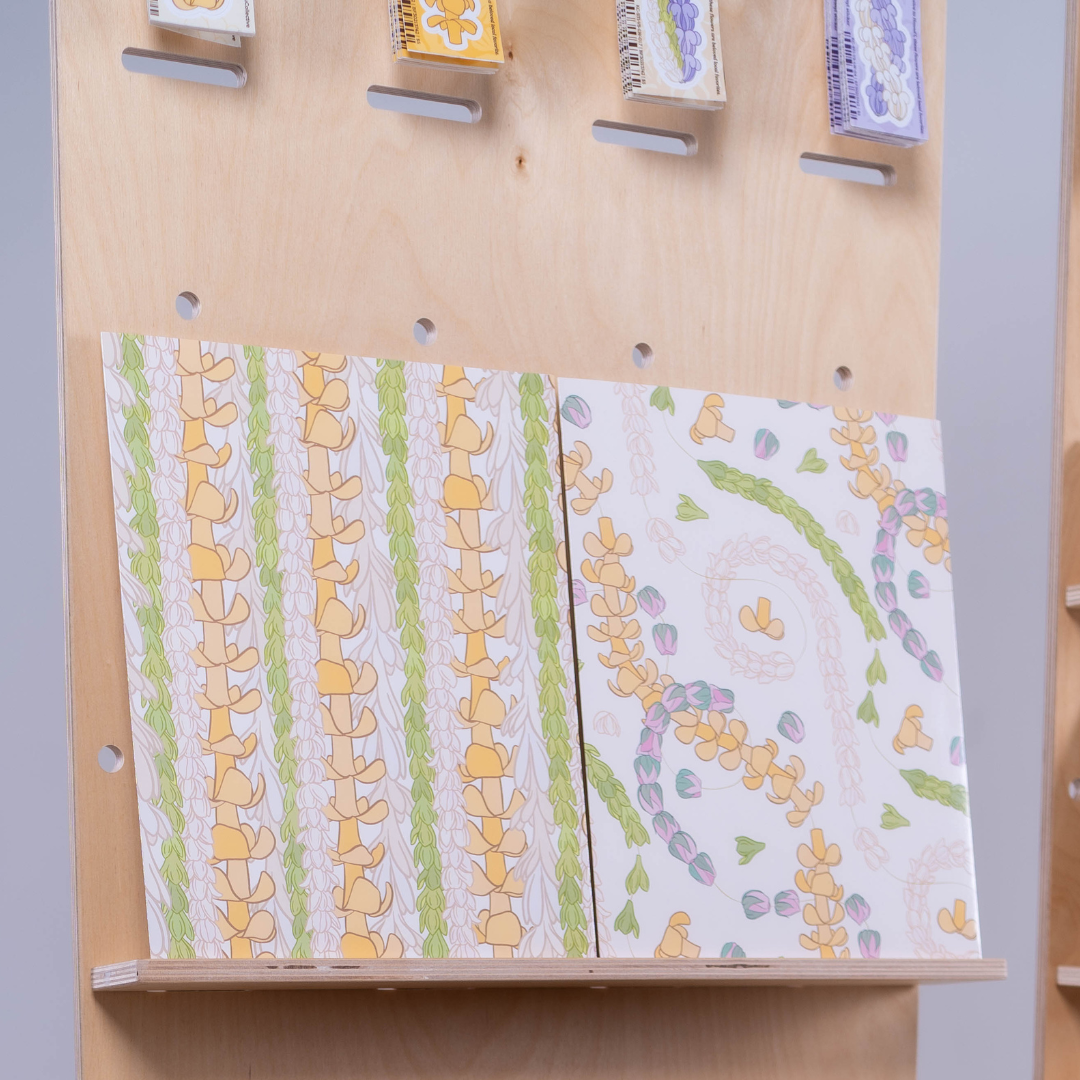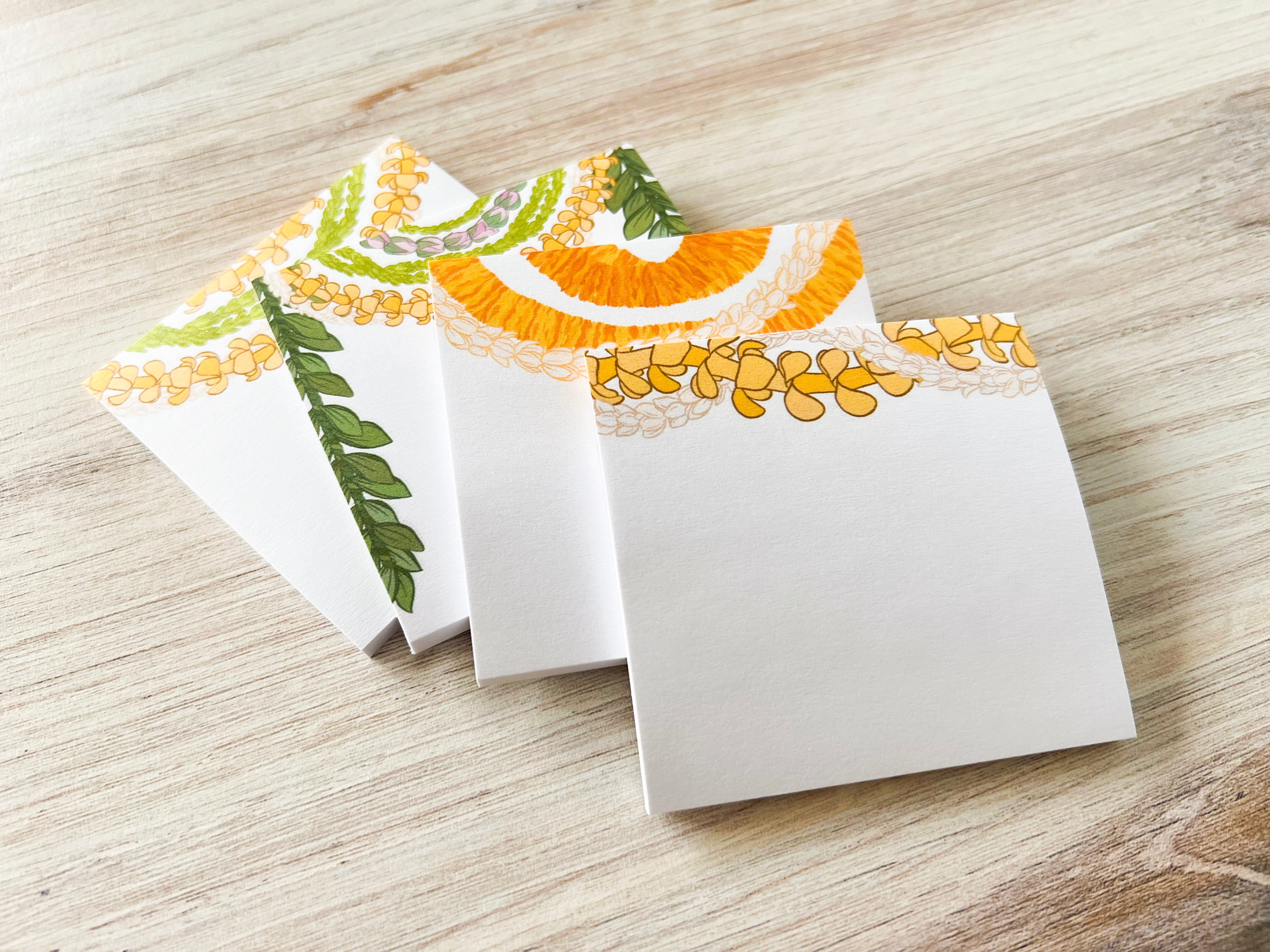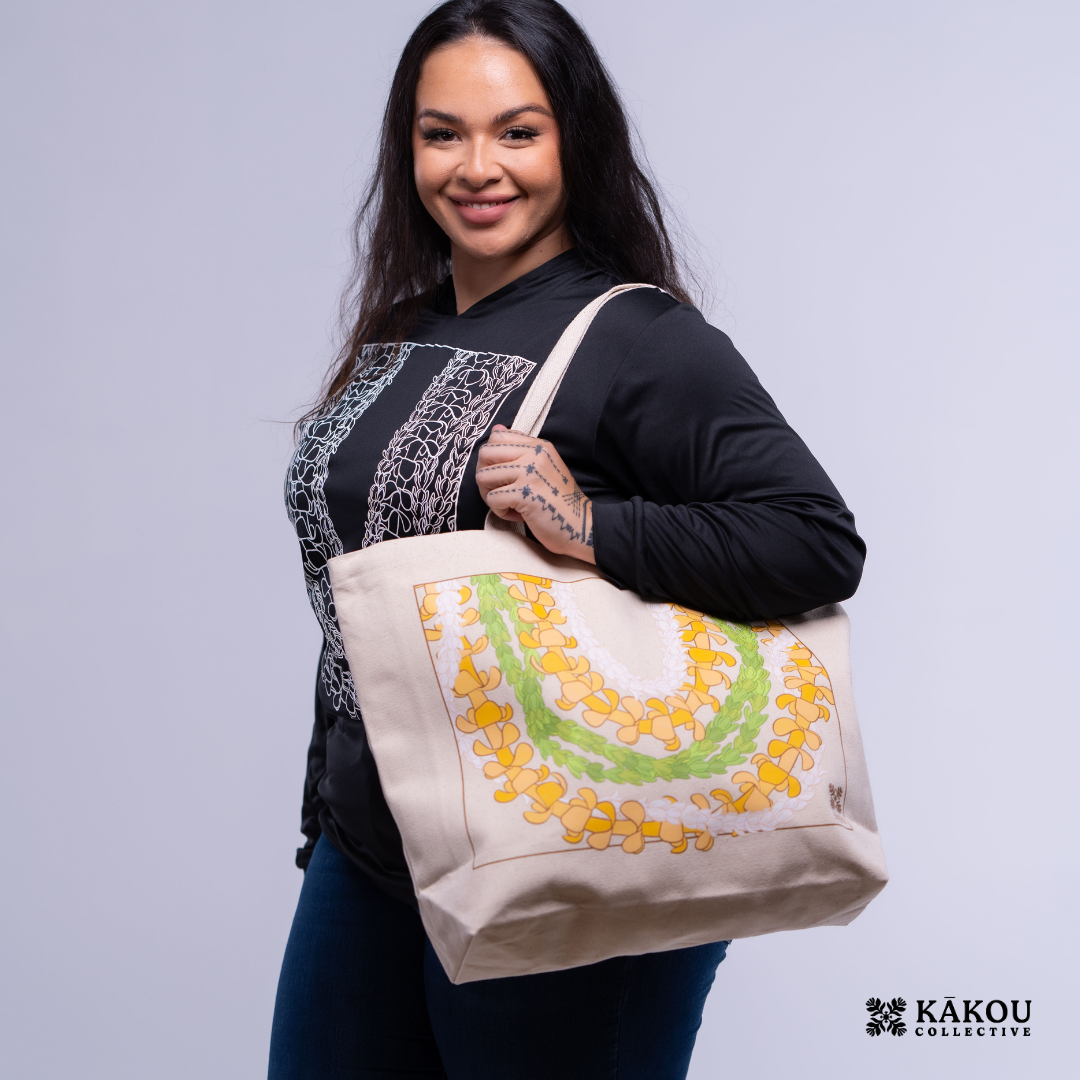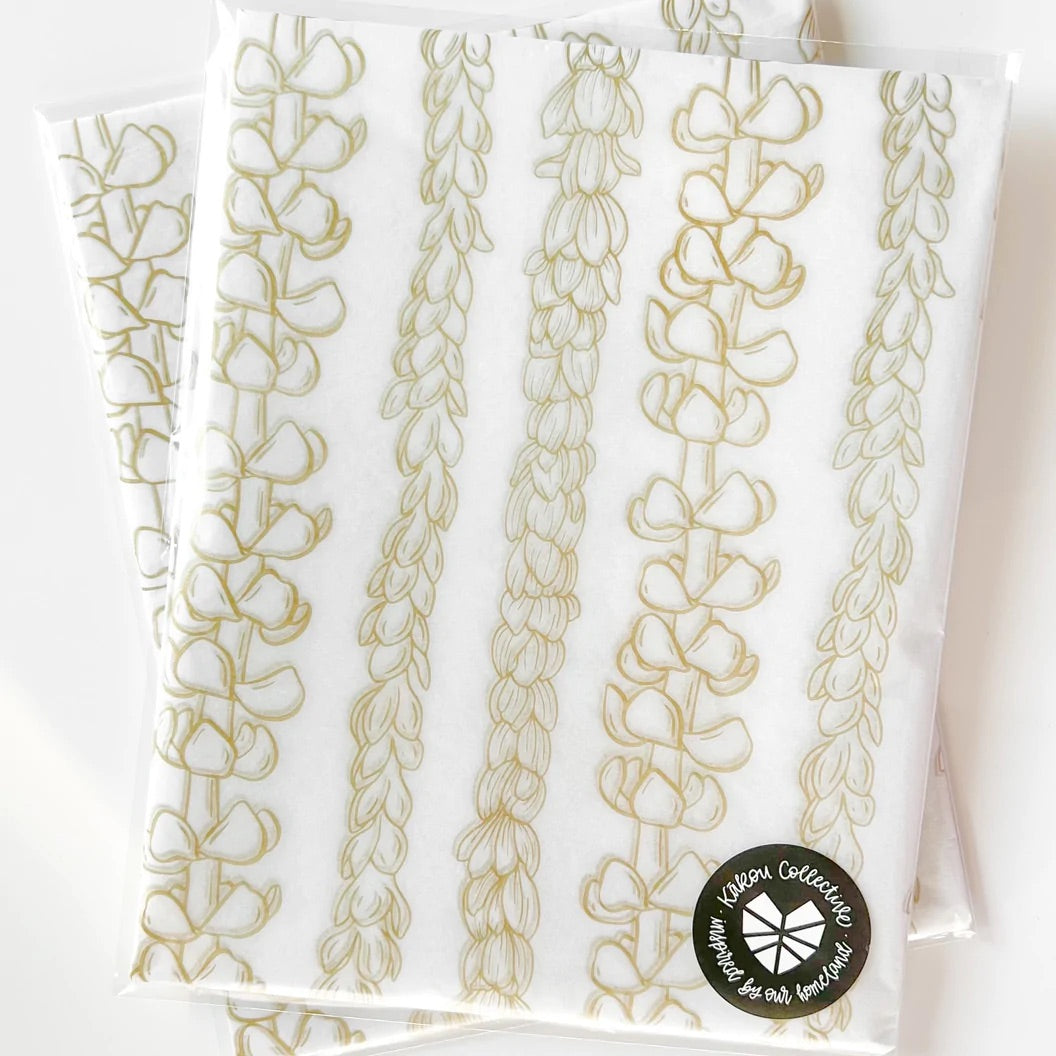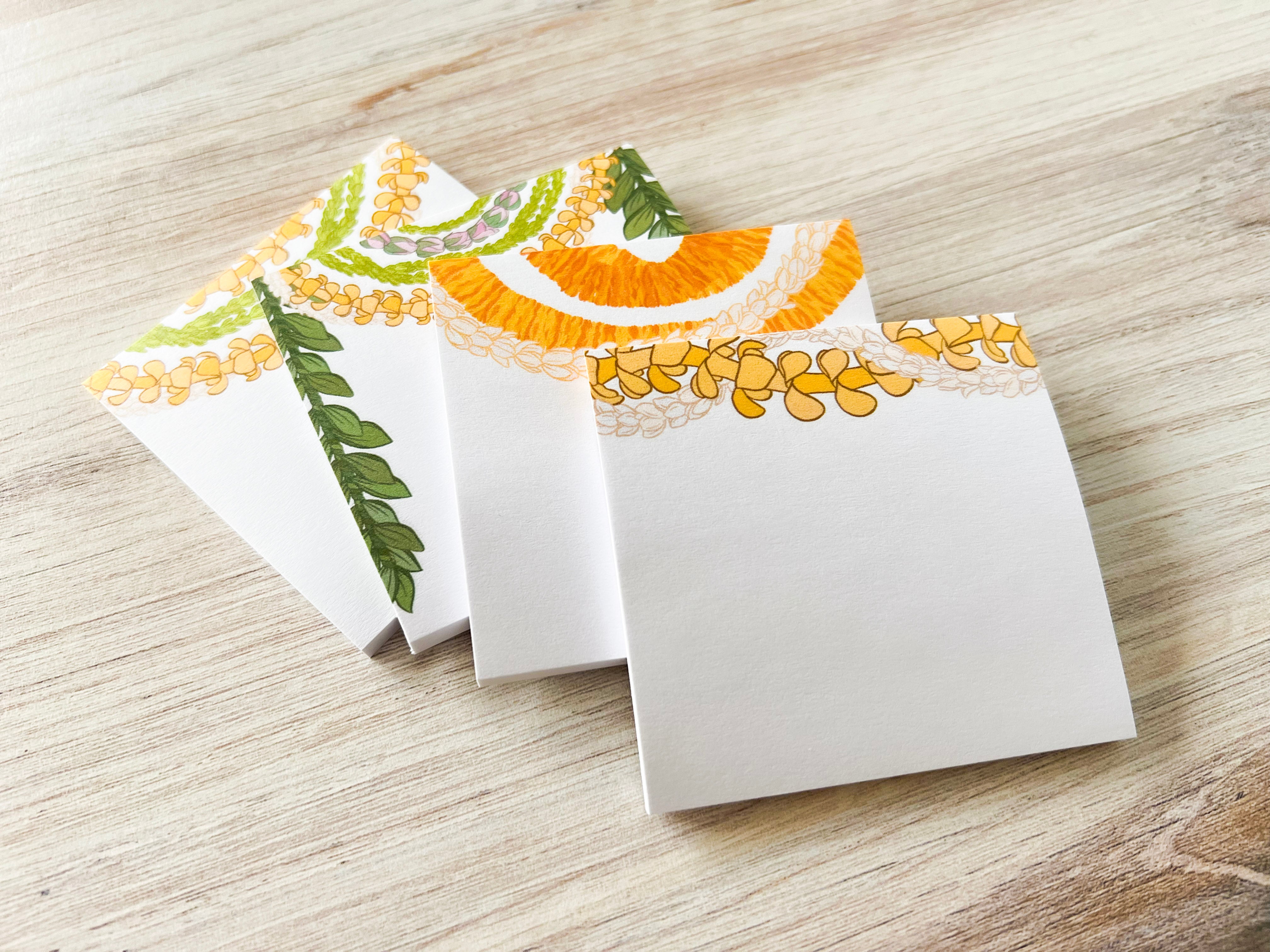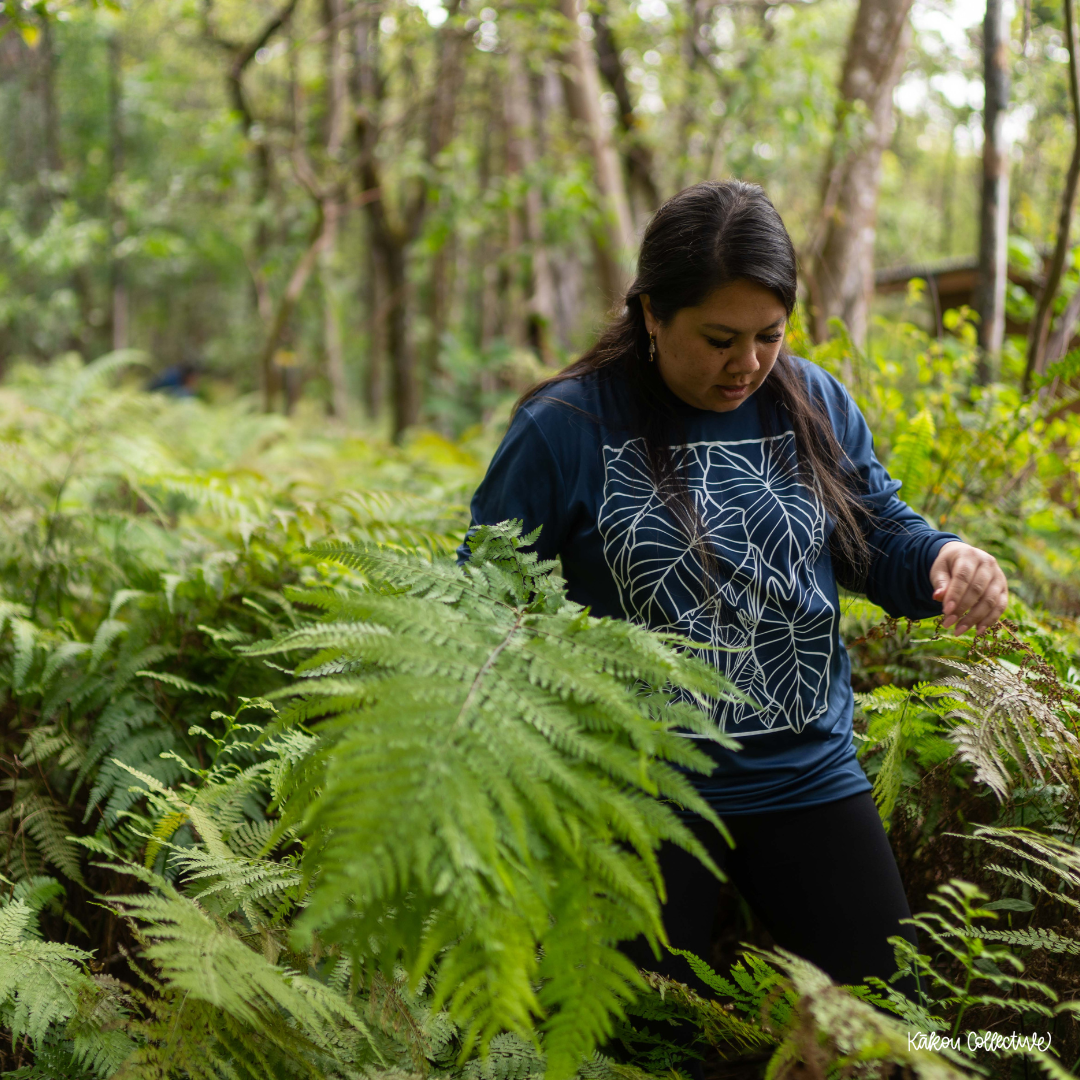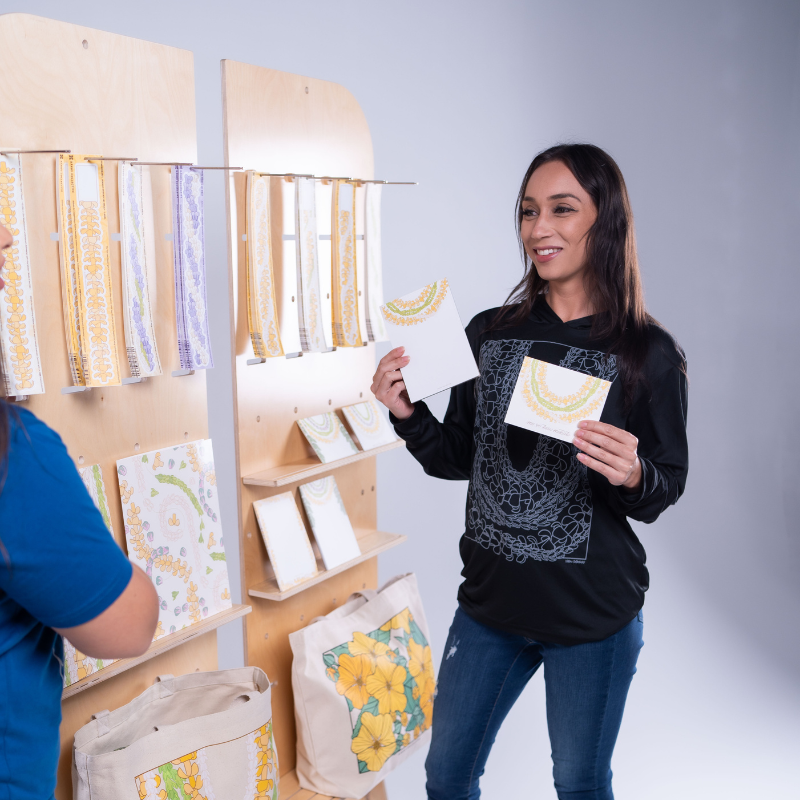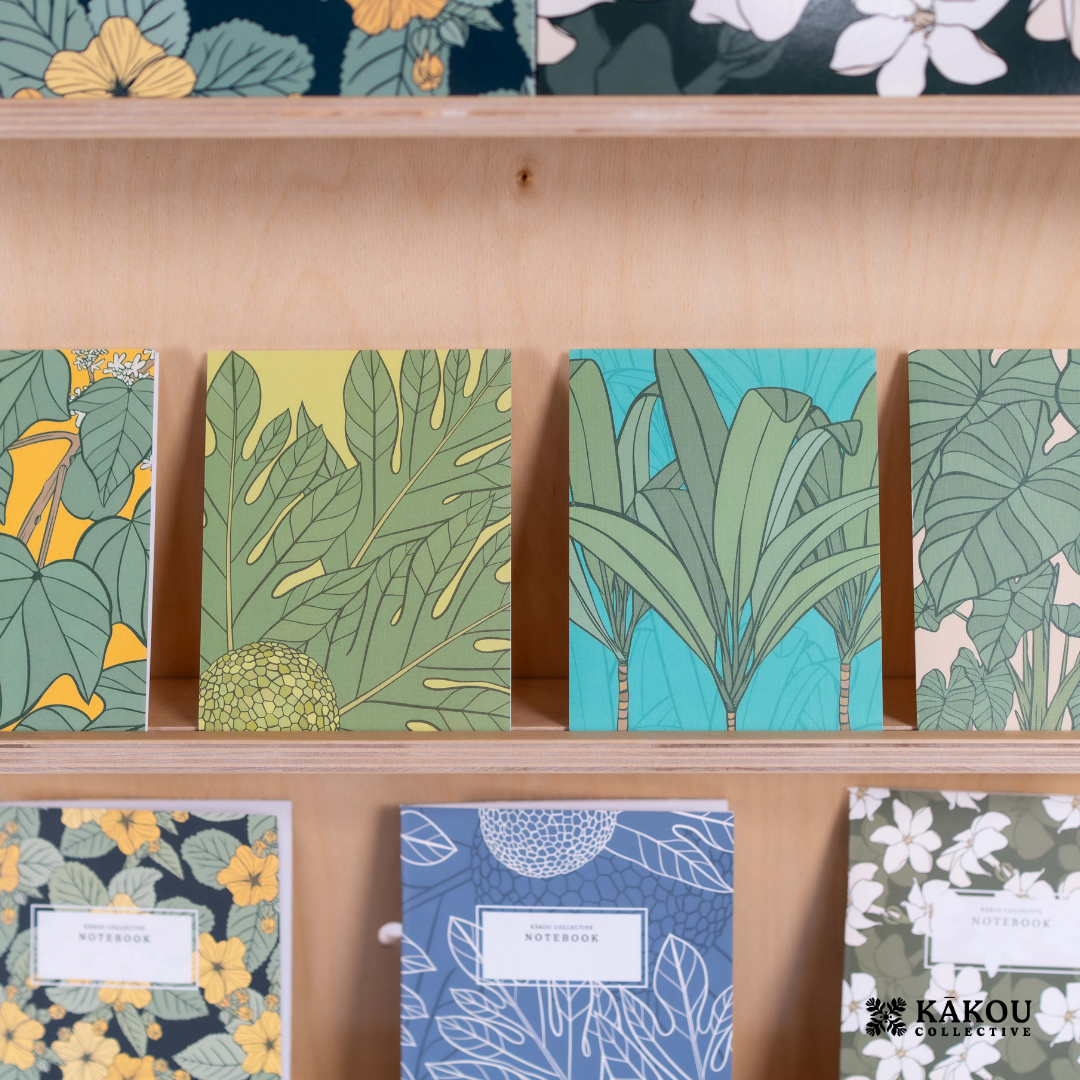150 Ulu Trees Collectively Donated by Kakou Collective and Island Harvest Hawaii
In a collaborative effort between Island Harvest Hawaiʻi and Kākou Collective, Kohala will serve as the new home to 150 Ulu trees accessible to the Hawaiʻi ʻUlu Co-op. The Kākou Collective community donated 75 ulu trees to the co-op and was matched by Island Harvest Hawaii, bringing the total donated amount to 150 trees. These trees will be planted and cared for by Island Harvest Hawaiʻi on their farm in Kohala where the Hawaiʻi ʻUlu Coop will have access for generations to come.
"The Hawaiʻi ʻUlu Co-op is a farmer-owned business working to revitalize ‘ulu (breadfruit) and other Hawai‘i-grown staple crops such as kalo (taro), ‘uala (sweet potato) and palaʻai (pumpkin) by empowering farmers as change-makers in Hawaiʻi’s food system.
Formed in 2016 with nine small, diversified growers on Hawaiʻi Island, Hawaiʻi ʻUlu Co-op has grown to over 140 member-farms on Hawaiʻi Island, Maui, Oʻahu, and Kauaʻi. By working together, the co-op's farmers can offer consistent, high-quality products that are delicious, versatile, local, healthy, accessible, and sustainable.
The co-op is committed to the revival of ʻulu to strengthen Hawaiʻi’s food security and to the value of mālama ʻāina – care or protection of the earth – by using environmentally responsible production methods.
Our vision is a thriving cooperative that sustains and uplifts producers, consumers, and society as a whole."
- From the Hawaii Ulu Coop
ʻUlu, also known as breadfruit, is one of the most versatile and nutritious crops in Hawaiʻi. It has the potential to not only benefit local agriculture, but also boost the state's economy. ʻUlu trees are capable of producing abundant fruit year-round, making them an excellent source of food for local communities. ʻUlu is a low-maintenance crop that can grow in diverse soil and weather conditions, making it ideal for Hawaiʻi's climate. Additionally, the fruit can be used in a variety of ways, from traditional Hawaiian dishes to modern, health-focused cuisine. By supporting the growth of ʻulu trees, we can ensure a steady supply of nutritious food for Hawaii's population.
By investing in ʻulu production, Hawaii can improve food security, reduce its dependence on imports, and provide a unique selling point for tourists seeking authentic local cuisine. Furthermore, promoting ʻulu cultivation can create jobs in agriculture and food processing, helping to stimulate the economy. Overall, ʻulu presents a promising opportunity for Hawaii's agriculture and economy, and should be prioritized in future development efforts.

This donation is significant as it highlights the importance of supporting local agriculture and reducing our reliance on imported food, as well as serving as a great example of how communities can work together to create a better future for future generations. By planting and caring for these trees, we are taking a step towards a more sustainable future for Hawaii together.


